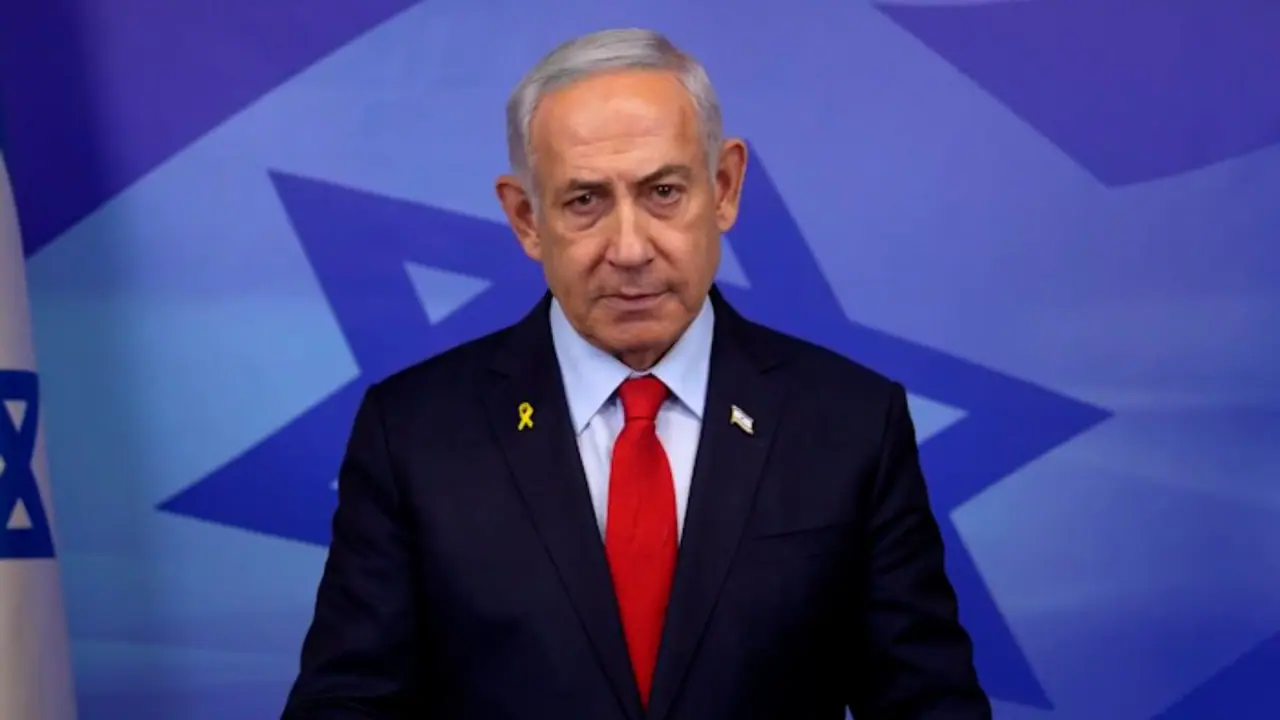Hezbollah has claimed responsibility for a mortar attack on an Israeli military position near Mount Dov, marking the first breach of the ceasefire that had taken effect just days earlier in the ongoing conflict between Israel and the militant group.
Hezbollah has claimed responsibility for a mortar attack on an Israeli military position near Mount Dov, marking the first breach of the ceasefire that had taken effect just days earlier in the ongoing conflict between Israel and the militant group. The Israel Defense Forces (IDF) confirmed that two mortars were fired at the area, but both projectiles hit open land, causing no casualties.

The attack on Monday evening comes as the fragile ceasefire, which was brokered last week, sought to halt the deadly fighting that had led to thousands of casualties and widespread displacement in both Lebanon and Israel. The ceasefire had generally held, but tensions remained high as Israel continued to strike Hezbollah positions, accusing the group of violating the truce.
In response to the mortar attack, Israel Prime Minister Benjamin Netanyahu issued a stern warning, stating, "Hezbollah's firing at Mount Dov constitutes a serious violation of the ceasefire, and Israel will respond strongly to this. We are determined to continue to enforce the ceasefire, and to respond to any violation by Hezbollah - minor or serious."
Meanwhile, Israel's Defense Minister, Israel Katz, also pledged a "harsh response" to any ceasefire violations. "Hezbollah’s firing at an IDF post in Mount Dov will be met with a harsh response," Katz wrote on X, reaffirming Israel's commitment to countering any aggression.
Earlier in the day, Lebanese officials accused Israel of violating the ceasefire, pointing to Israeli airstrikes in southern Lebanon that had reportedly killed one person and injured a Lebanese soldier. The Lebanese Army said the soldier was wounded when an Israeli drone targeted a military bulldozer in the Hermel region. In response, Israeli authorities maintained that their strikes were defensive measures against Hezbollah, which Israel accuses of continuing to operate in violation of the ceasefire terms.
The ceasefire agreement calls for Hezbollah to withdraw its forces south of the Litani River, with the Lebanese Army and United Nations peacekeepers expected to patrol the area as part of the truce. However, Israel claims Hezbollah has continued to move weapons in southern Lebanon, thus breaching the terms of the agreement.
Israel's Foreign Minister, Gideon Saar, rejected accusations of violating the truce, asserting that Israel was only responding to Hezbollah's actions. "We are enforcing the ceasefire," Saar said, "and will take immediate action against any violations."
As tensions remain high along the Israel-Lebanon border, the international community has called for both sides to respect the ceasefire, with French Foreign Minister Jean-Noel Barrot urging all parties to uphold the terms of the agreement.
While the ceasefire had offered a brief respite from the intense fighting that escalated following the attack by Hamas on Israel in October 2023, the volatile situation in southern Lebanon continues to threaten the stability of the region. The ongoing exchanges between Israel and Hezbollah highlight the fragile nature of the truce and the risk of further escalation.
